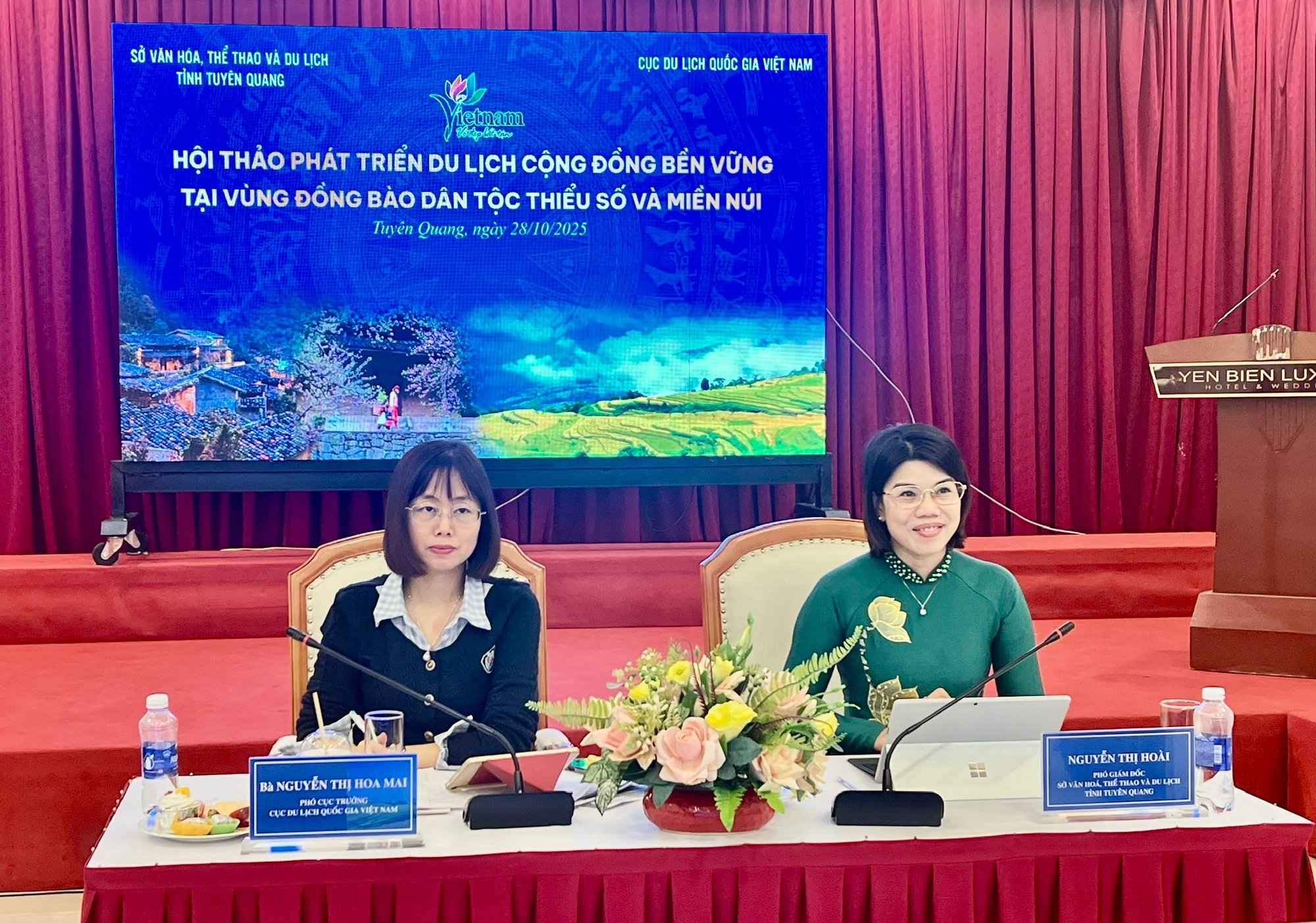
The workshop aimed to assess the potential and current status of community tourism development in localities with a large ethnic minority population, thereby determining a development direction suitable to the natural conditions and cultural identity of each region; encouraging green tourism models, responsible tourism and developing sustainable tourism infrastructure associated with indigenous cultural identity.
This is one of the key activities under Project 6 - Preserving and promoting the fine traditional cultural values of ethnic minorities associated with tourism development, within the National Target Program on socio -economic development in ethnic minority and mountainous areas for the period 2021-2030, phase I (2021-2025).
Towards tourism for community, culture and sustainable development
In her opening speech, Deputy Director of the Vietnam National Administration of Tourism Nguyen Thi Hoa Mai emphasized: “Today’s workshop is not only an opportunity for professional exchange, but also a concrete action step to turn the community tourism potential of Tuyen Quang in the land of ‘blooming rocks’ into a resource for green, civilized and sustainable development”.
According to the Deputy Director, the global tourism trend is shifting strongly from quantity development to “green tourism - responsible tourism - tourism for the community”. This model is assessed by the United Nations Tourism Organization as the most humane and effective, when each citizen becomes a creative subject, both a tourism worker and a preserver of their own cultural identity.
In Vietnam, the Tourism Development Strategy to 2030 and Resolution 82/NQ-CP of 2023 of the Government clearly defined: "Developing tourism into a spearhead economic sector, imbued with national cultural identity". In particular, community tourism in ethnic minority areas is considered a sustainable direction, both increasing people's income, preserving culture and strengthening national solidarity.
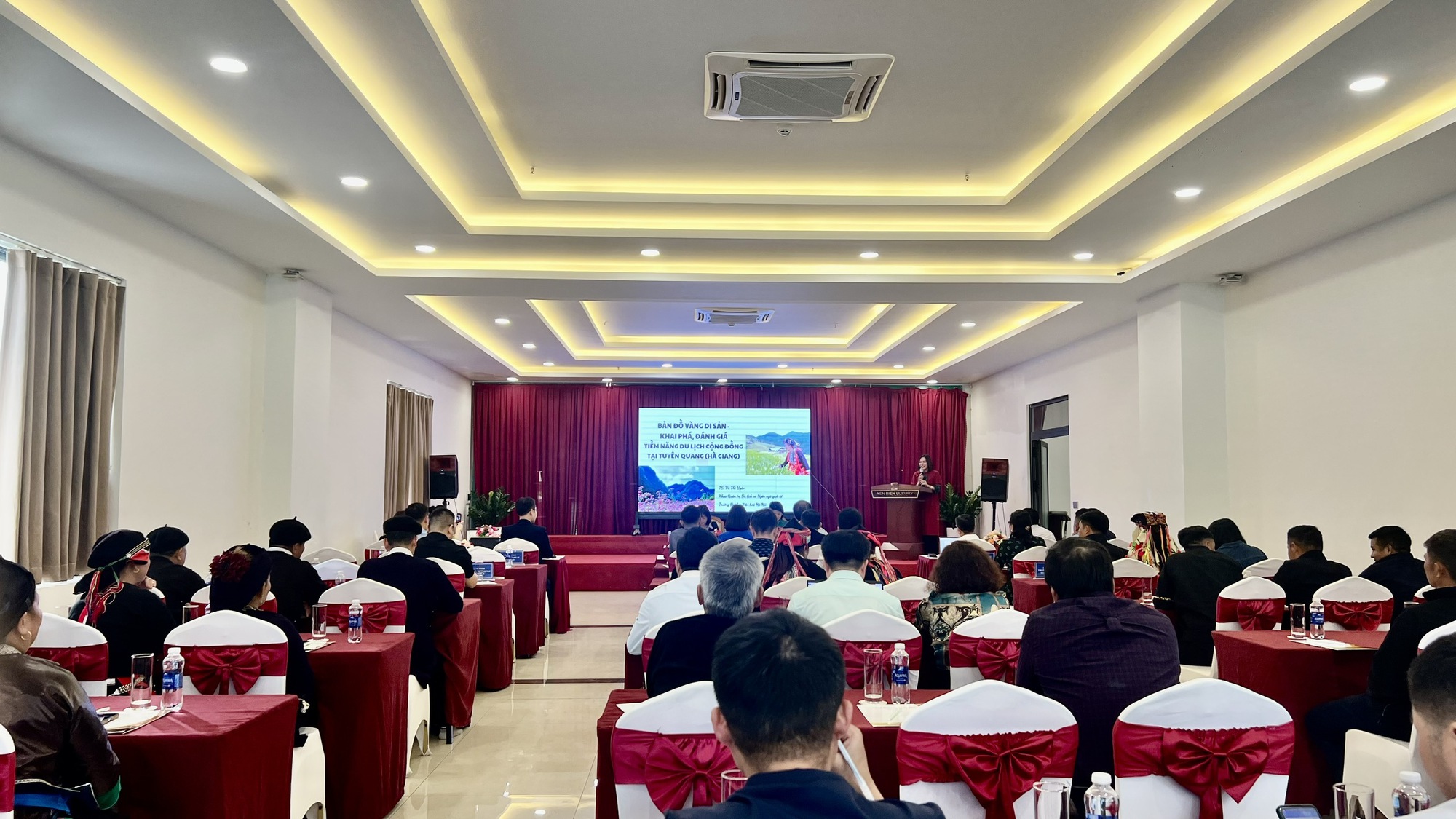
Tuyen Quang - A potential bright spot of highland community tourism
Speaking at the workshop, Deputy Director of the Department of Culture, Sports and Tourism of Tuyen Quang Nguyen Thi Hoai affirmed: Tuyen Quang identifies tourism as a key economic sector, developing in a professional, modern, green and sustainable direction, with community tourism as the focus.
According to the Tourism Development Plan of Tuyen Quang province to 2035, with a vision to 2045, the province sets the target of welcoming about 6 million visitors by 2030, including 900,000 international visitors; Total tourism revenue reaches over 12,000 billion VND; Striving to become the leading destination in the Northern midlands and mountainous region for community, ecological and cultural tourism.
Tuyen Quang also focuses on developing three key national areas including: Na Hang - Lam Binh, ATK Tan Trao and Dong Van Karst Plateau Global Geopark, linked with the Lo River - National Highway 2 tourism corridors and Tuyen Quang - Phu Tho expressway.
"Doing tourism must tell cultural stories"
At the workshop, Dr. Vu Thi Uyen (Hanoi University of Culture) presented a paper on “Golden Heritage Map: Evaluating the potential of community tourism in Tuyen Quang”. She emphasized that for sustainable development, the people must be the main subjects, tourism must be associated with preserving indigenous culture and “say no to cultural hybridization”.
“Our potential is huge, but it has only been exploited at a basic level. To have sustainable community tourism, Tuyen Quang needs to tell cultural stories, decode ethnic cultures, so that tourists can deeply understand and join hands in preserving them,” Dr. Uyen shared.
Representative of digital media enterprise, Mr. Dao Duy Minh (VTC-Netviet Company) emphasized the promotion aspect: "To make community tourism attractive, we must tell a true, unique and consistent story". He introduced the 6C rule in digital media: Authenticity - Personal story - Community - Promotion - Digital transformation - Government support.
Similarly, Ms. Nguyen Thu Hoai (Vietnam Vitamin Company) shared her experience of "Putting Ha Giang on the digital map" through the TikTok platform: "Each person is a tourism ambassador. If every week, each village posts 2 authentic, emotional videos, using the same keyword - that destination will definitely trend and spread quickly."
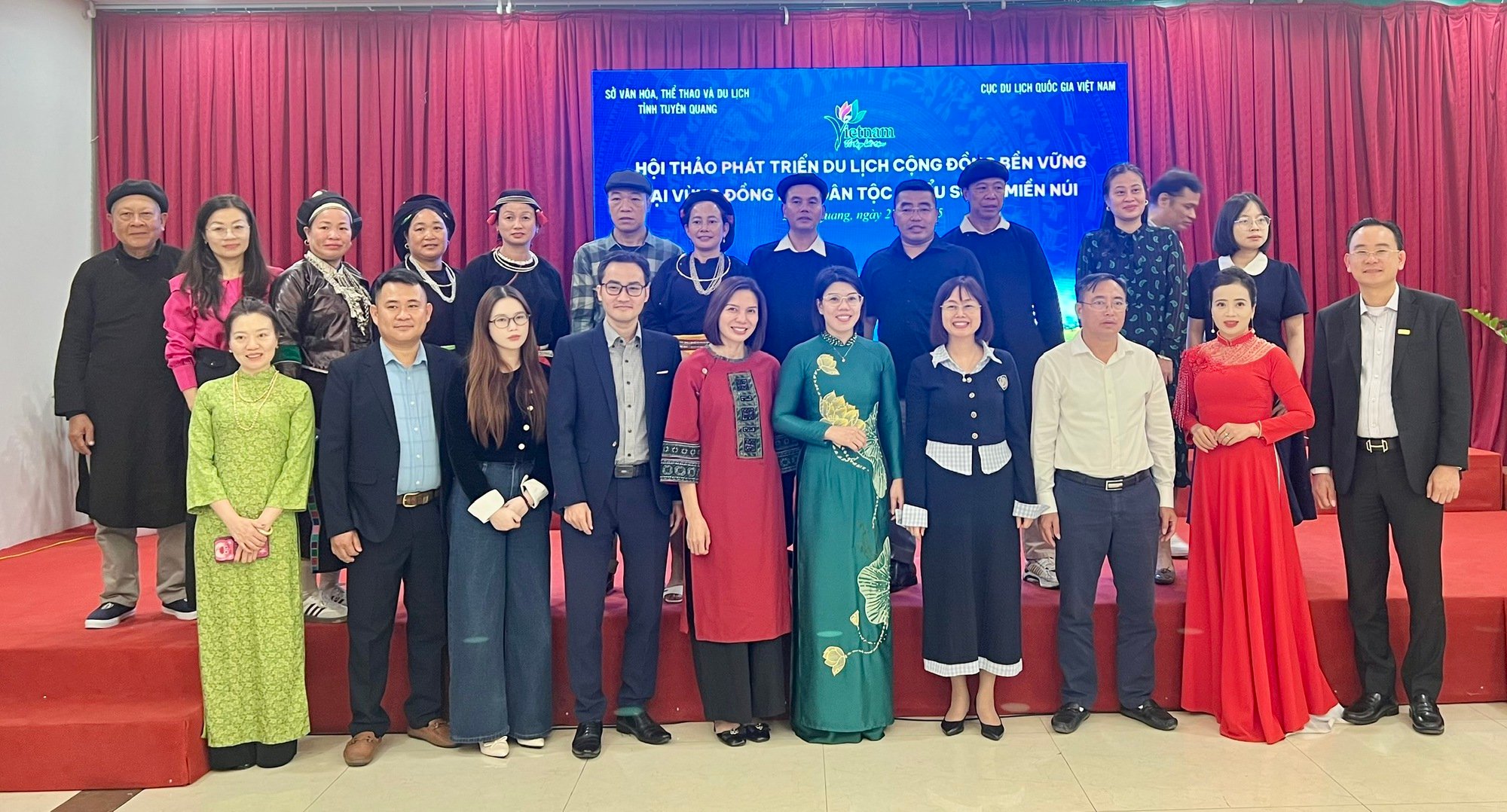
Representative of tourist village: Preserving identity - keeping the soul of the village
Delegates from community tourism villages brought many practical perspectives. Mr. Vang Di Hang, Deputy Head of Lo Lo Chai Village - recently honored by UN Tourism as "The best tourist village in the world in 2025" shared his joy and concern: "We are proud, but also worried that the village is at risk of being commercialized. We hope to receive support in training, destination management and building a 'smart tourist village' model so that the people can truly take control."
From Nam Dam (Quan Ba), Mr. Ly Ta Danh said: thanks to solidarity and compliance with village regulations, the community tourism model of the Dao people has developed steadily with more than 60 households participating, ensuring "no commercialization, preserving the village's soul".
Mr. Hoang An (Ha Giang Wind Company) suggested maintaining the habit of using traditional costumes to avoid destroying the village landscape. Meanwhile, Mr. Nguyen Van Trai (Ha Giang Tre Company) emphasized the importance of orienting tourists' experiences to create spending motivation and deep emotions.
Action orientation: Standardization, connection and professionalization and spreading green living values from villages to the world
In response to the comments, Deputy Director of the Department of Culture, Sports and Tourism of Tuyen Quang Nguyen Thi Hoai affirmed that she would accept and concretize them into actions: Tourist villages need to renovate the landscape, clean up the living space, plant flowers and vegetables; Each destination should have a QR code to provide transparent information about services, room rates, and schedules; Establish a Tourism Village Management Board, develop operating regulations and a code of conduct for community culture.
Concluding the workshop, Deputy Director of the Vietnam National Administration of Tourism Nguyen Thi Hoa Mai highly appreciated the efforts of Tuyen Quang and other localities in implementing the community tourism model, and emphasized: “For community tourism to be truly sustainable, we must shift from working for tourists to working with tourists; from spontaneous to synchronous, connected and professional. Take long-term benefits and preserving the national soul as a measure”.
The Deputy Director also suggested that Tuyen Quang could develop the flag-raising ceremony at Lung Cu Flagpole into a symbolic tourism product, connecting tourism - community - national sovereignty, clearly demonstrating the spirit of "tourism is not only economic, but also cultural and national spirit".
The workshop ended with a high consensus among management agencies, experts, businesses and the community. All share the same goal of developing sustainable community tourism, preserving national cultural identity, and building the image of Tuyen Quang - the northern mountainous region to become a symbol of green tourism, responsible tourism and humane tourism in Vietnam.
Vietnam National Administration of Tourism
Source: https://bvhttdl.gov.vn/phat-trien-du-lich-cong-dong-ben-vung-tai-tuyen-quang-lan-toa-mo-hinh-du-lich-xanh-trach-nhiem-va-nhan-van-20251030082224392.htm


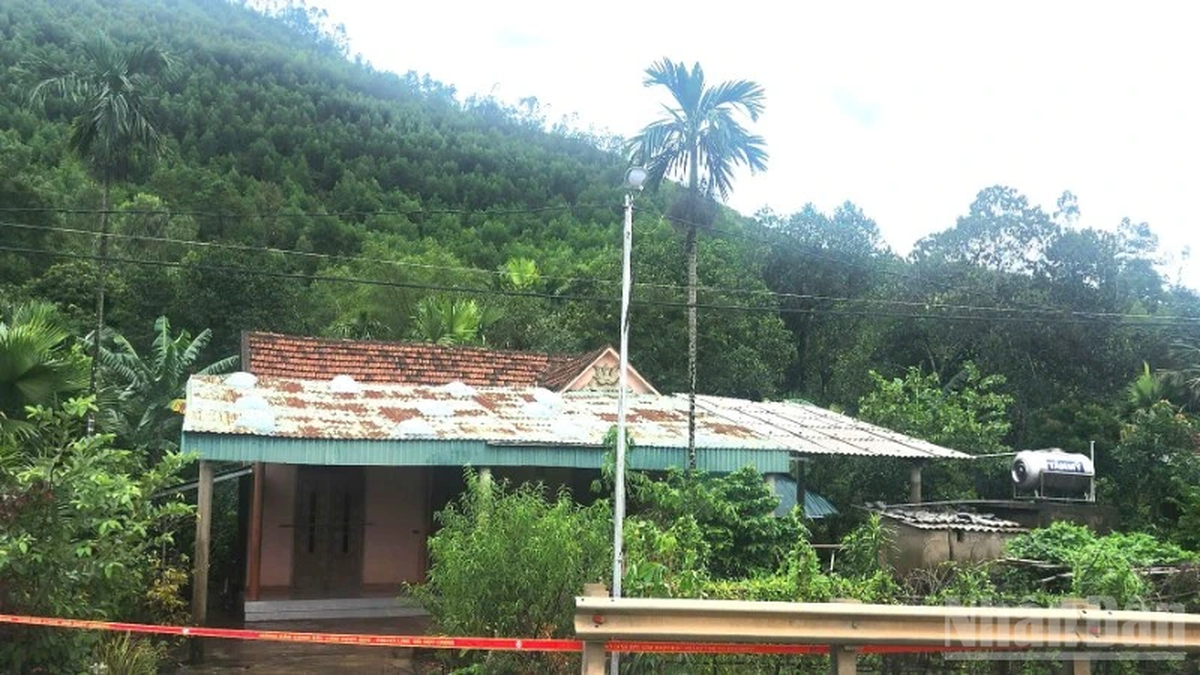
![[Photo] The Third Patriotic Emulation Congress of the Central Internal Affairs Commission](https://vphoto.vietnam.vn/thumb/1200x675/vietnam/resource/IMAGE/2025/10/30/1761831176178_dh-thi-dua-yeu-nuoc-5076-2710-jpg.webp)
![[Photo] General Secretary To Lam attends the Vietnam-UK High-Level Economic Conference](https://vphoto.vietnam.vn/thumb/1200x675/vietnam/resource/IMAGE/2025/10/30/1761825773922_anh-1-3371-jpg.webp)
![[Photo] National Assembly Chairman Tran Thanh Man receives foreign ambassadors who came to say goodbye](https://vphoto.vietnam.vn/thumb/1200x675/vietnam/resource/IMAGE/2025/10/30/1761820977744_ndo_br_1-jpg.webp)
![[Photo] Touching scene of thousands of people saving the embankment from the raging water](https://vphoto.vietnam.vn/thumb/1200x675/vietnam/resource/IMAGE/2025/10/30/1761825173837_ndo_br_ho-de-3-jpg.webp)
![[Photo] General Secretary To Lam meets former British Prime Minister Tony Blair](https://vphoto.vietnam.vn/thumb/1200x675/vietnam/resource/IMAGE/2025/10/30/1761821573624_tbt-tl1-jpg.webp)


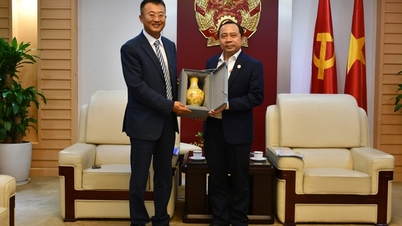

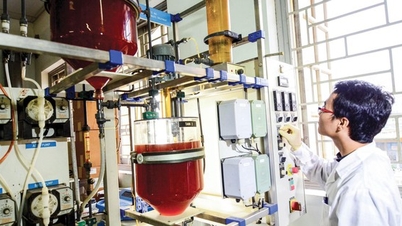
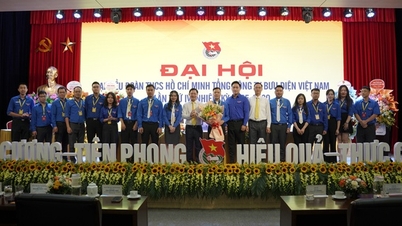
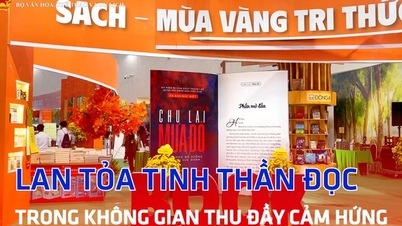




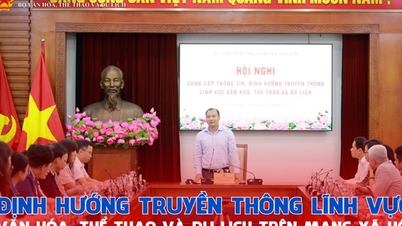
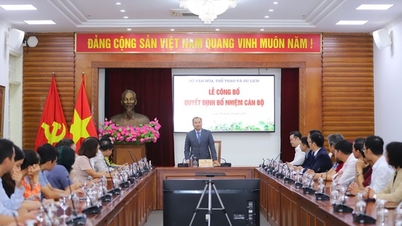
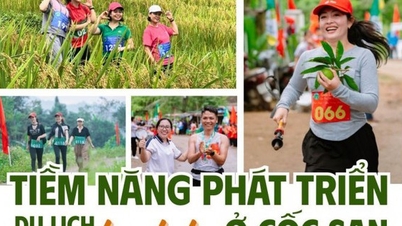
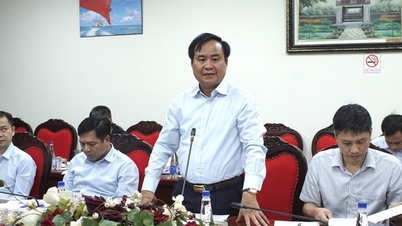
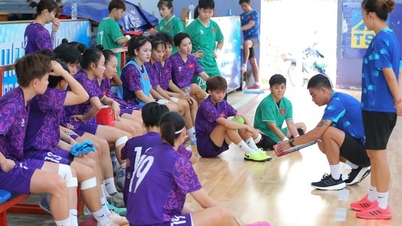
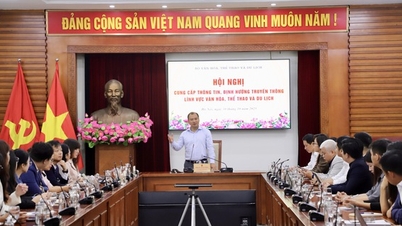




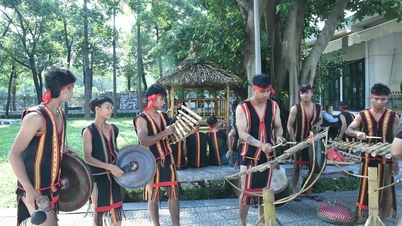
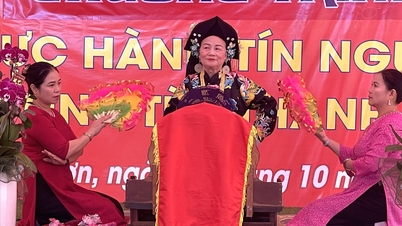

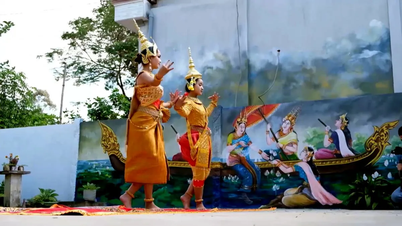



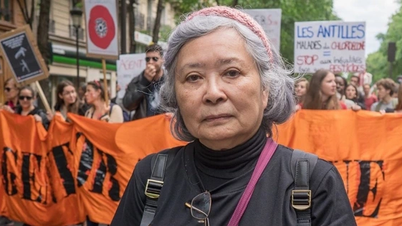

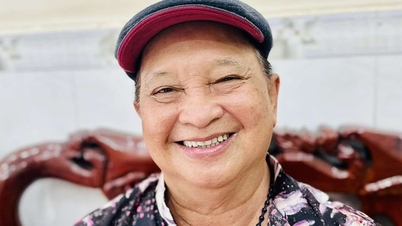

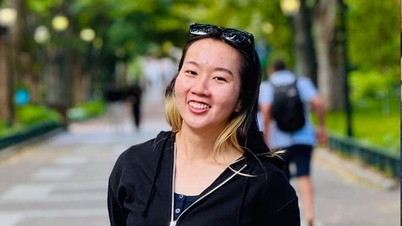

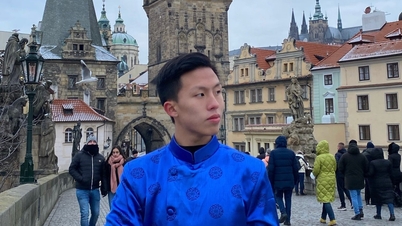

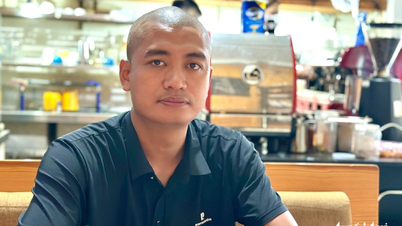

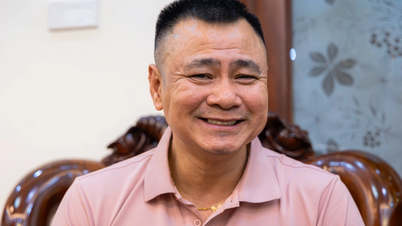

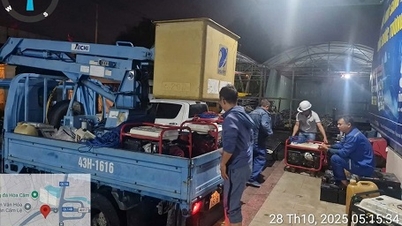

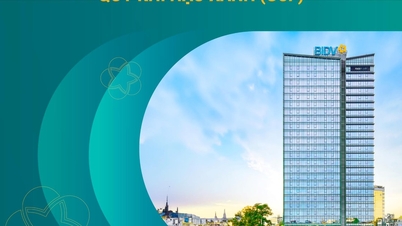

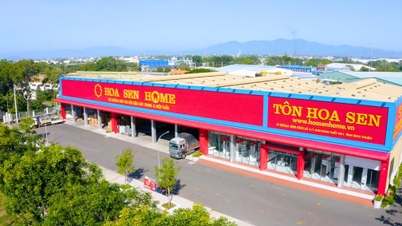










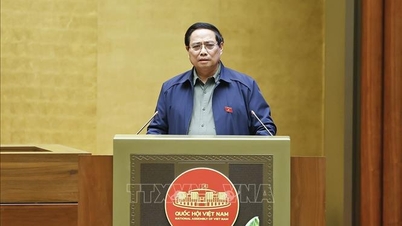

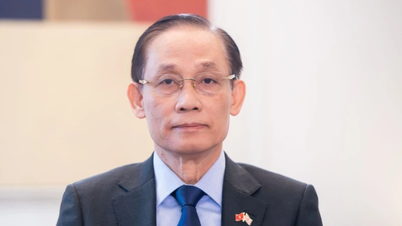

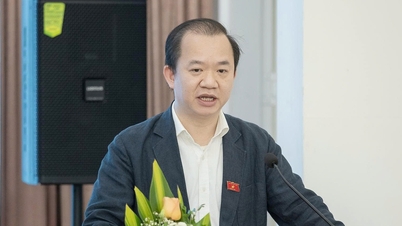
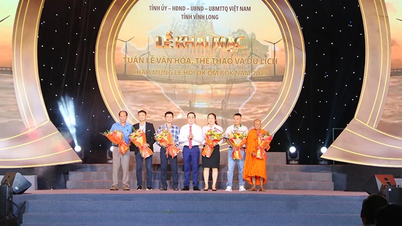
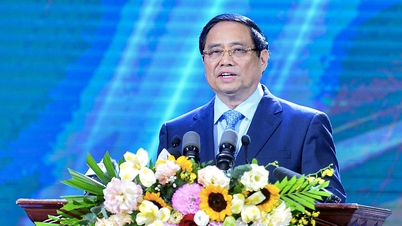

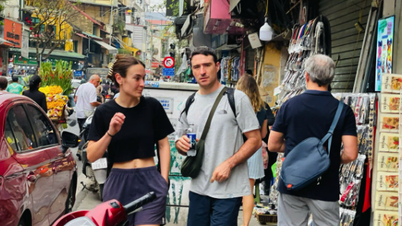
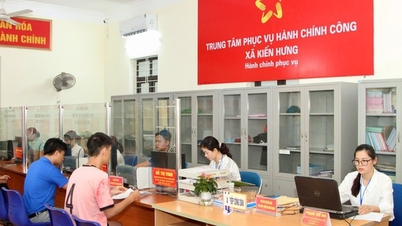
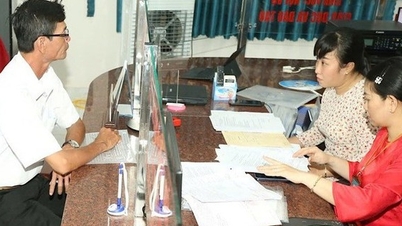
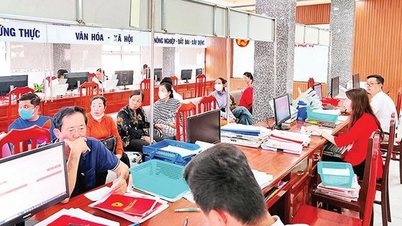
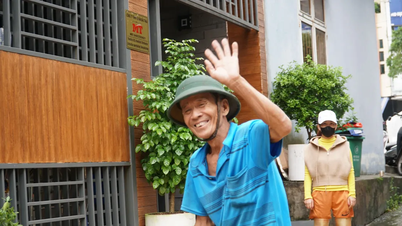

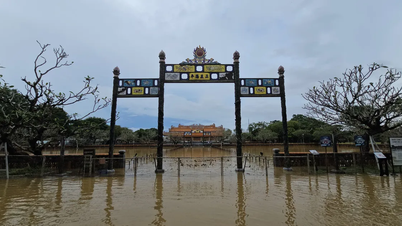
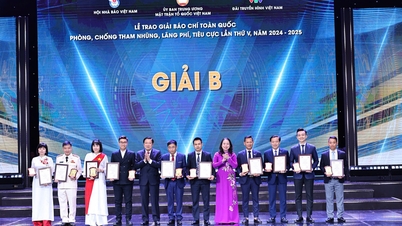

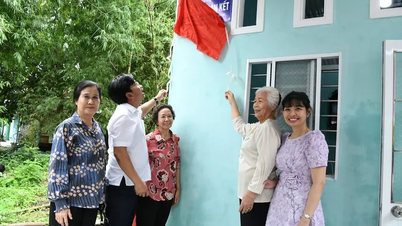

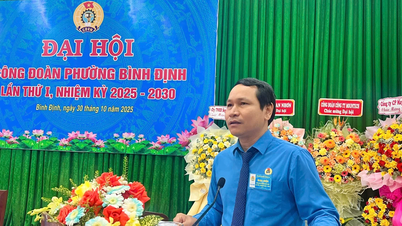













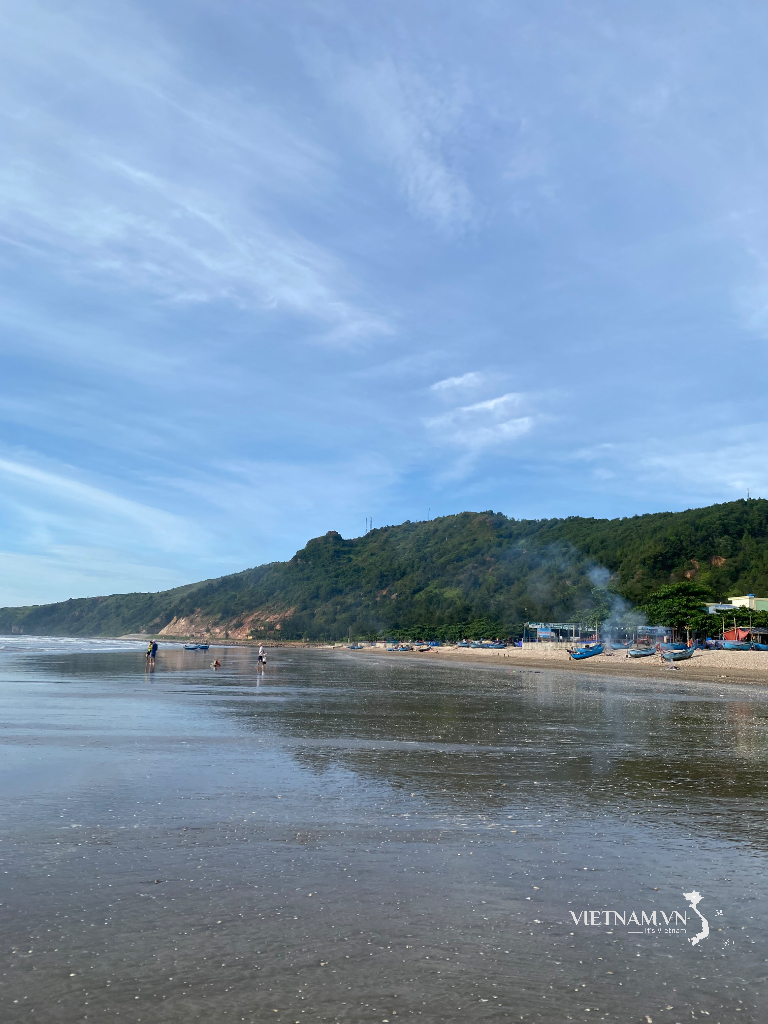
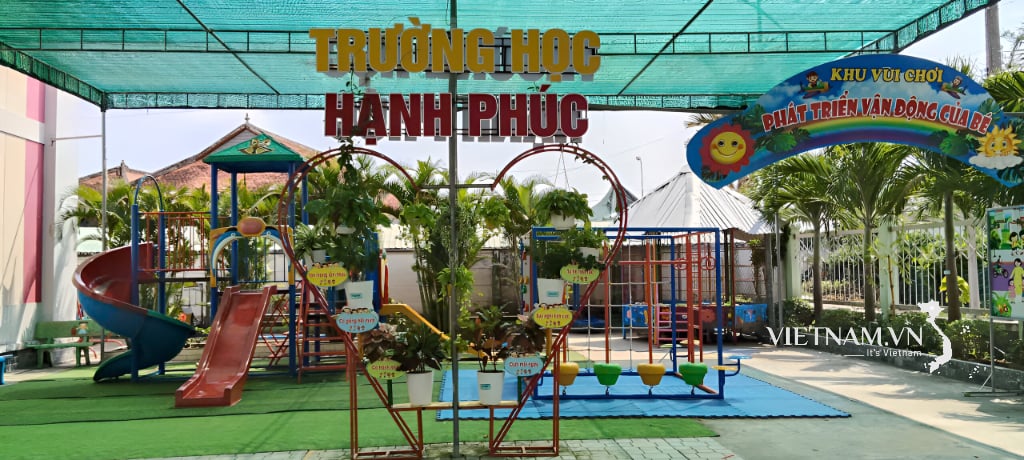


Comment (0)